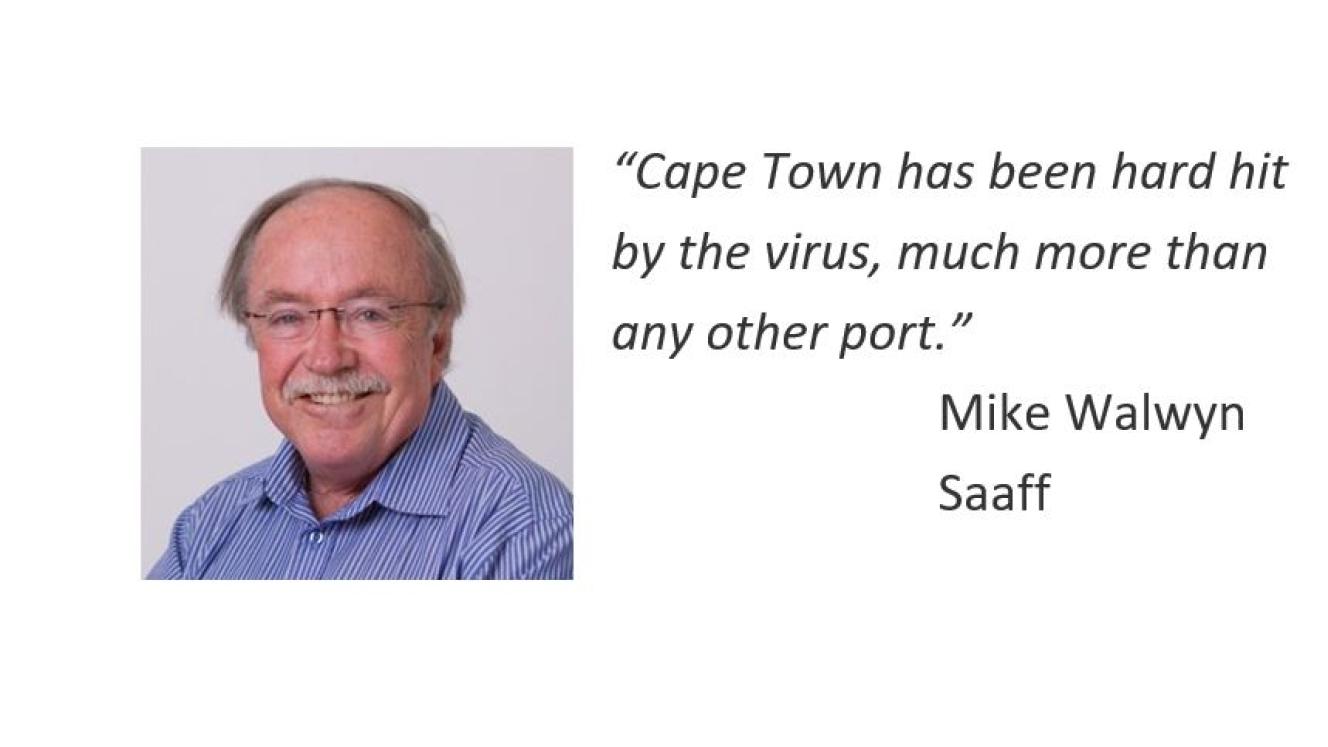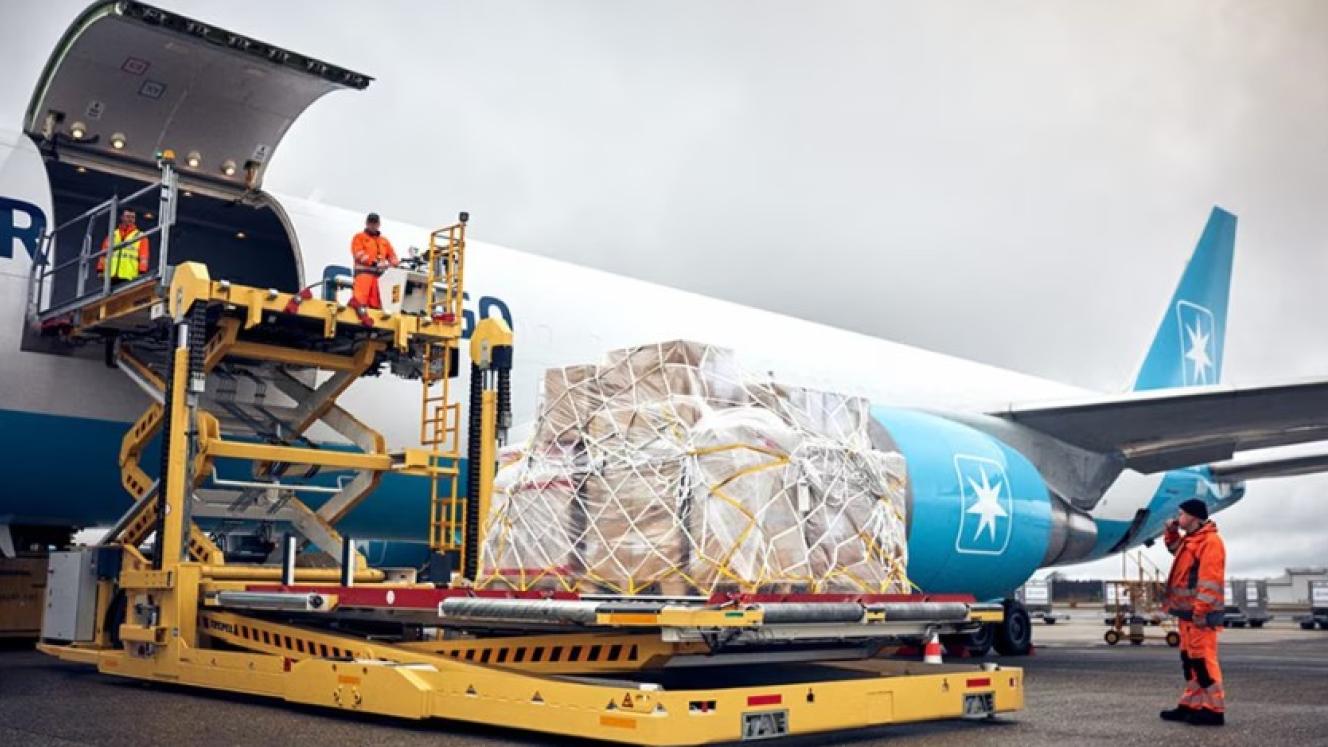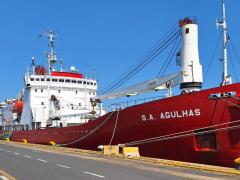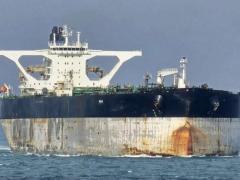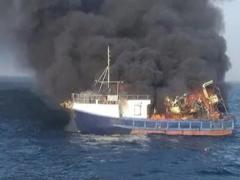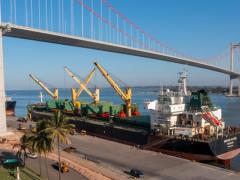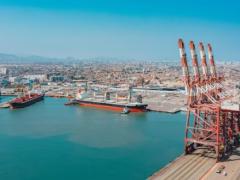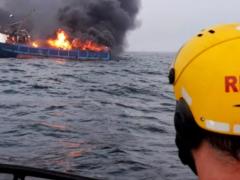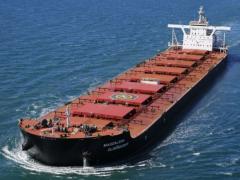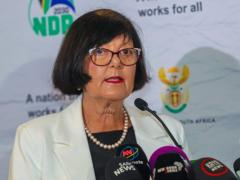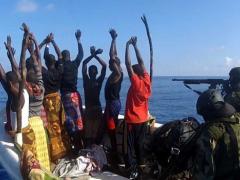Officials managing the Port of Cape Town are doing all they can to improve efficiencies and stem the tide of ships queueing outside Table Bay waiting for berthing slots at terminals affected by the coronavirus and its impact on human resources.
That’s according to Mike Walwyn, Western Cape director of the South African Association of Freight Forwarders (Saaff).
Speaking to Freight News in reaction to developments around shipping lines pulling the plug on the port in a bid to address delays around working the ship and its ripple effect on berthing schedules elsewhere, Walwyn said port managers were making a genuine attempt to rectify things in Cape Town.
“They have been hard hit by the virus, much more than any other port.” It’s a view corroborated by the city’s infection rate which has spiked well ahead of the rest of the country.”
Walwyn explained that about 10% of the port’s staff were unavailable at the moment, and with elderly personnel and high-risk employees with chronic conditions being rested in an attempt to curb the spread of Covid-19, operational personnel working in shifts have been reduced below required levels.
“The port currently has about three gangs working the terminals. To run things optimally they need at least four. People keep saying that the problem is with management but the problem is that there simply isn’t enough staff. It’s not a management issue. It’s the virus.”
Last week’s dreadful processing setbacks had also been compounded by bad weather, Walwyn said.
“We had about 40 hours of wind closure. Put the two together,” he said in relation to Covid-related port problems, “and you have a real hassle.
“At least they’re not predicting weather like we had last week. It also looks like we may have four gangs again soon. That, along with the weather, gives us hope that we may have a better week than we did last week which was a real disaster.”
Walwyn also spoke of the knock-on effect that delays at the Port of Cape Town are having elsewhere along South Africa’s coast, with certain ports skipped by lines trying to sustain affected sailing schedules.
“We have heard of at least two vessels bypassing Port Elizabeth and Ngqura and heading straight for Durban. What’s happening in Cape Town at the moment is transferred to other ports.
Speaking of which, said Walwyn, if other ports around the country were affected in the same manner that the Covid-19 outbreak had affected Cape Town, there was real trouble ahead.
”Cape Town is ahead of the curve if you like. It has been from the beginning. But if you apply what is happening here across the country and we start seeing the same delays in other ports, we could really be in the dwang.”
